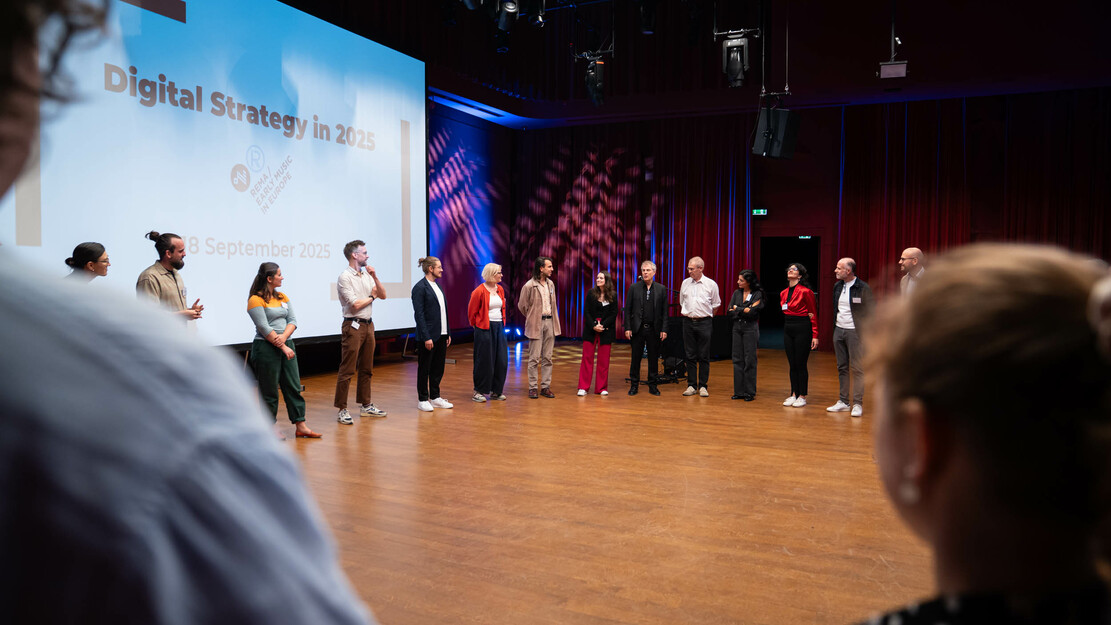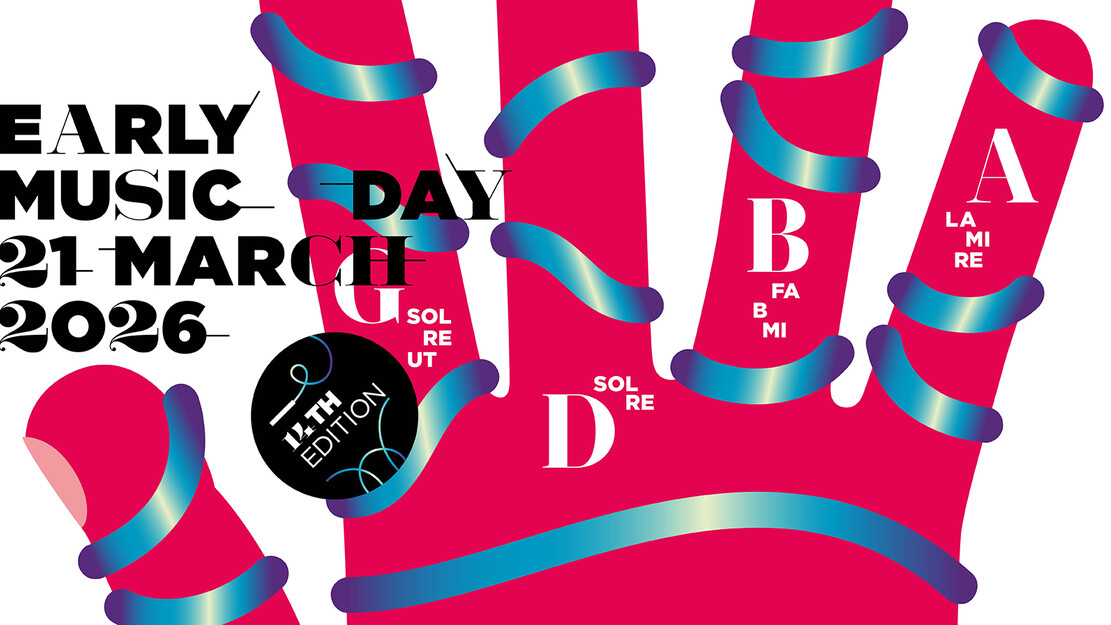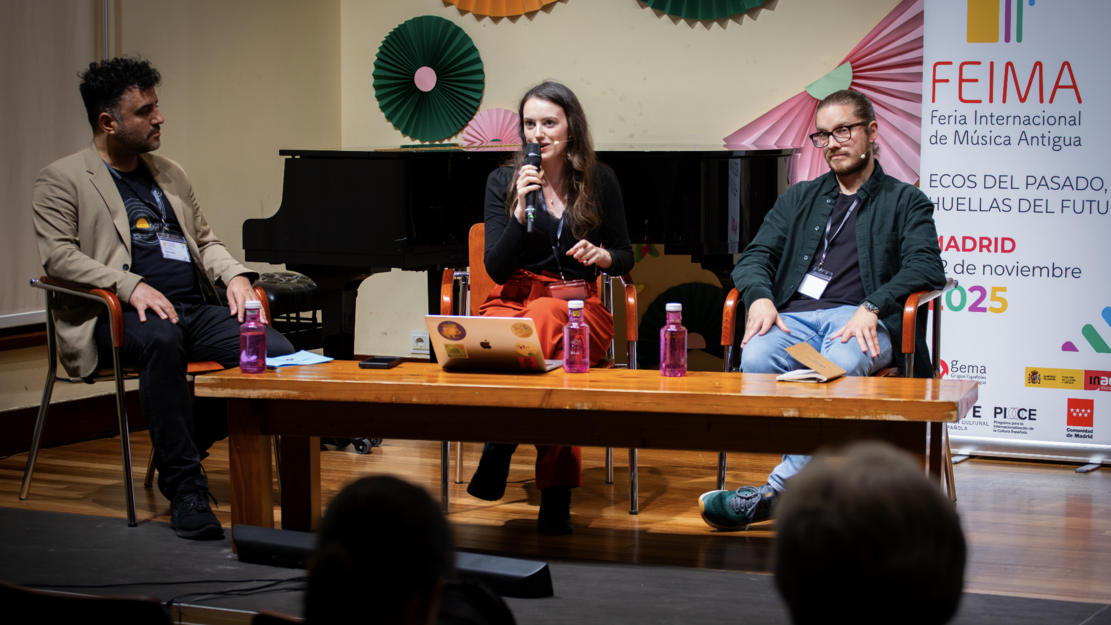The Early Music Podcast : Guillaume de Machaut

How are you an artist when you are just following a tradition and reading a score?
If you have listened to the first episodes of this series, now you probably see Early Music as any music from the past that was lost at some point in time, and that requires some work and research before it is brought back to life by XXI century performers. But today’s episode focuses on a theory: there are many music traditions in Europe that were transmitted orally through time through uninterrupted practice, and now represent a regional trait: what if these traditions were a true expression of a very ancient art form?
For our guest, Bjorn Schmelzer today, this theory turns out to be mere fantasy, but it opens the door to some important questioning of the role of artists in Early music: should they try to recreate what is lost, or simply let go of the past? Bjorn Schmelzer is a researcher and the founder of Graindelavoix, a vocal music collective that focuses on vocal music from the Middle-Ages. Throughout their performances and recordings, they have come across some interesting musical practices, and our guest took the example of polyphony as it is performed in the village of Castel Sardo, in the north of Sardinia. How does it sound when it is put in perspective with Graindelavoix’s recording of the Messe de Nostre Dame, written by Guillaume de Machaut (1300-1377)?
RESOURCES
- Portrait of the composer
- Website of the ensemble Graindelavoix
- Björn Schmelzer: The Chronopolitics of Early Music, Times Issues
- The Authenticity Impulse: Early Music and its Revival, Bachtrack
- Harry Haskell, The early music revival : a history, Thames and Hudson
- Why the early music revolution of the 1970s was truly a moment to savour, Classical Music
- The confraternita dell'oratorio di Santa Croce, Castelsardo
- Bruce Haynes, The end of Early music? A Period Performer's History of Music for the Twenty-First Century, Oxford University Press
- Richard Taruskin, Text and Act ; The Danger of Music: And Other Anti-Utopian Essays, University of California Press
- Browse the list of UNESCO-recognised “Intangible Cultural Heritage”: vocal music practices
- Find below the YouTube playlist of the episode's resources and the music playlist of season 3 of the Early Music Podcast!
CREDITS
guest Björn Schmelzer, founder and artistic director of Graindelavoix
guest Björn Schmelzer, founder and artistic director of Graindelavoix
interview & editing Andrew Burn
production REMA
credits music
Platée, Act 1, Orage - Jean-Philippe Rameau
performed by Les Talens Lyriques, dir. Christophe Rousset
Camera Lucida 2014
All rights reserved - Courtesy of Les Talens Lyriques
design Doretta Rinaldi
original drawings Vincent Flückiger
cover score Folio, Lais, motets, ballades, rondeaux et virelais, ca. 1350-1355 (Bibliothèque nationale de France, Français 1584)
music
Salve sancta parens [Introitus], Agnus Dei & Ite missa est - Guillaume de Machaut
performed by Björn Schmelzer, Graindelavoix
Messe de Nostre Dame, Glossa 2016
Miserere - Coro della Confraternita di Santa Croce
Live recording, 2014
You might
like…

More

More

More

